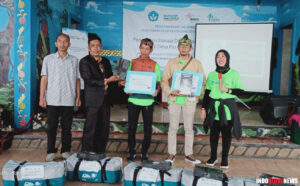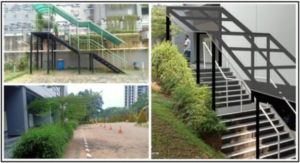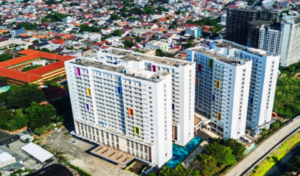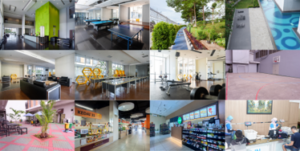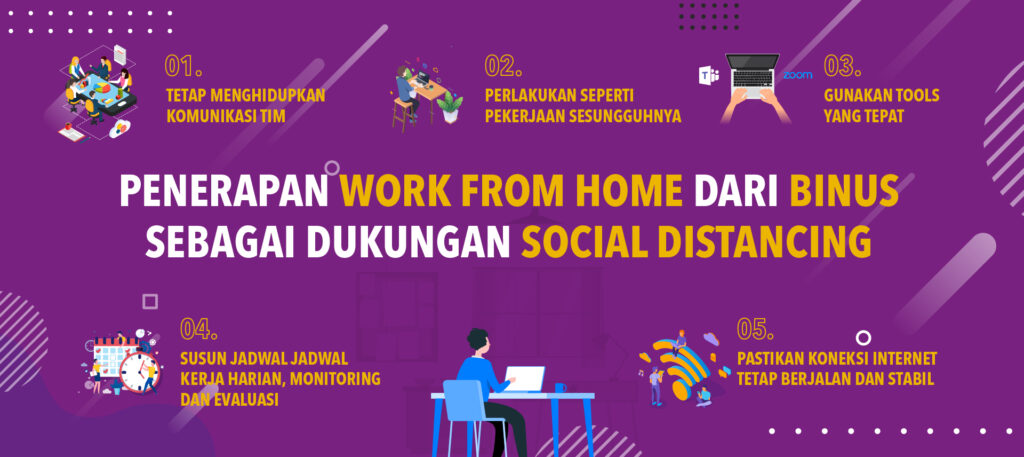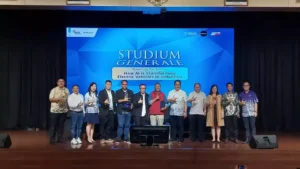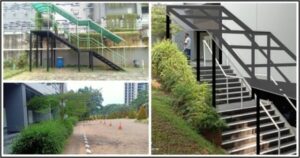BINUS university provides free public access to open and green spaces as part of our commitment to the green campus concept. We believe that green spaces not only enhance the beauty of the campus but also support sustainability.
- Green Campus Policy and Sustainable Initiatives: Our university, like BINUS University in Alam Sutera, advocates for the Green Campus concept as an initiative to address climate change. This policy includes the management of open and green spaces that are accessible to the public. The construction and development of BINUS University consider various environmental aspects, with campus buildings designed to enhance air circulation through large windows and maximize natural lighting. This approach aims to minimize electricity use and reduce the campus’s carbon footprint, while the existing green spaces contribute to improving air quality and creating a more pleasant environment.


- Green Space Facilities: We have several facilities, such as:
- Educational Garden: This garden serves as a learning space for students and the community, equipped with comfortable seating areas for discussions, outdoor seminars, and community activities.


- Educational Garden: This garden serves as a learning space for students and the community, equipped with comfortable seating areas for discussions, outdoor seminars, and community activities.
-
- Open Space for Events: A large area that can be utilized for various community activities, such as concerts or environmental festivals.



- Open Space for Events: A large area that can be utilized for various community activities, such as concerts or environmental festivals.
- Pedestrian Pathways: Well-maintained pedestrian pathways connect various green spaces and facilities, encouraging walking and cycling within the campus, promoting a healthier lifestyle and reducing reliance on vehicles.






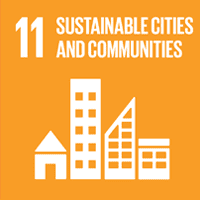
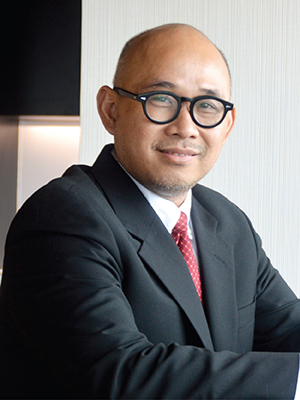

 BeeLintang: Known as “BINUSIAN Berseni dengan Kolintang,” this group showcases numerous performances at both local and international levels. Through BeeLintang, BINUS has brought kolintang to the international stage, participating in the Best of ASEAN Performing Arts.
BeeLintang: Known as “BINUSIAN Berseni dengan Kolintang,” this group showcases numerous performances at both local and international levels. Through BeeLintang, BINUS has brought kolintang to the international stage, participating in the Best of ASEAN Performing Arts.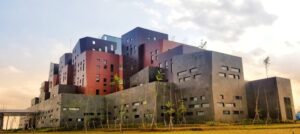
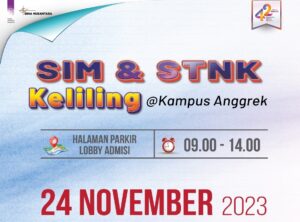
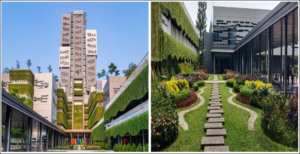 BINUS University is aware of sustainable development. One of the example is the development of BINUS Alam Sutera campus building. The building is made with a lot of big windows which can boost the air flow in the building. Not only the air flow, but also light of the sun can easily go inside of the buidling so that it will reduced the useness of electricity lamp.
BINUS University is aware of sustainable development. One of the example is the development of BINUS Alam Sutera campus building. The building is made with a lot of big windows which can boost the air flow in the building. Not only the air flow, but also light of the sun can easily go inside of the buidling so that it will reduced the useness of electricity lamp.